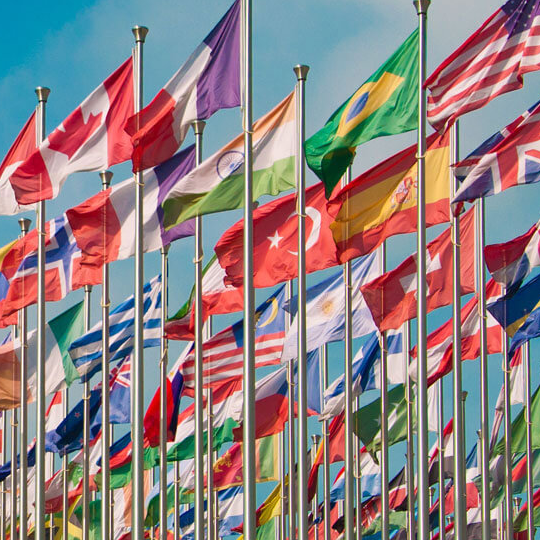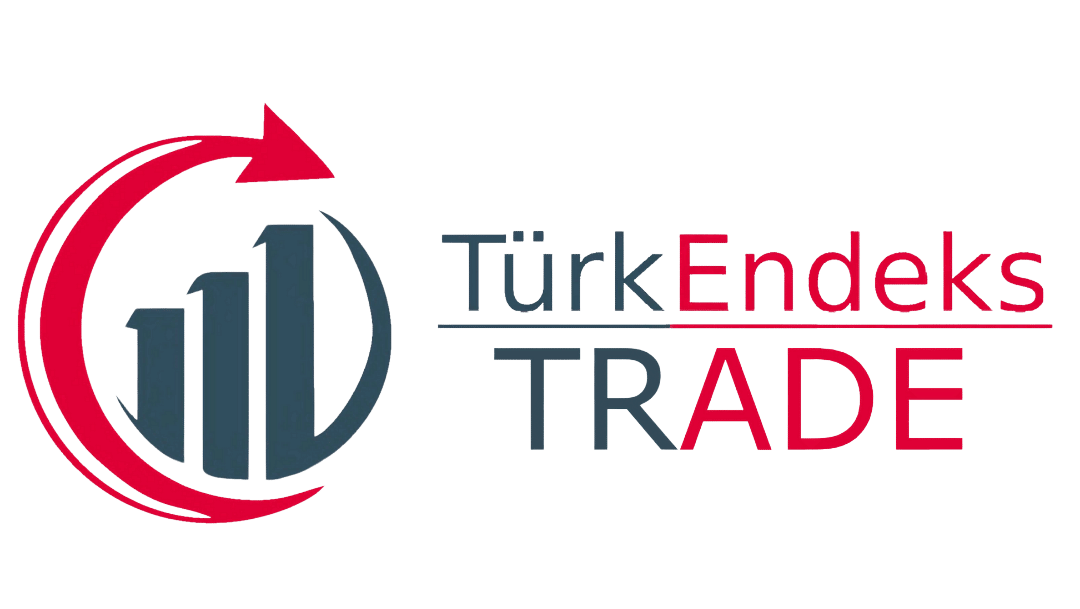INTERNATIONAL ORGANIZATIONS
GENERAL AGREEMENT ON CUSTOMS TARIFFS AND TRADE (GATT)
The General Agreement on Tariffs and Trade is a multilateral agreement that regulates international trade in terms of rights and responsibilities. It was established in 1947 by an agreement signed by 23 countries. It came into force on January 1, 1948. The founding purpose of GATT was to reduce import duties, remove all barriers to international trade and end discriminatory practices in trade. Arthur Dunkel is known as the architect of the establishment. 23 founding members made mutual concessions on the customs tariffs of 45 thousand items of goods.
WORLD TRADE ORGANIZATION (WTO)
The World Trade Organization, established on January 1, 1995, as the most effective institution of international trade, replacing the General Agreement on Trade and Tariffs (GATT), is the legal and institutional body of the multilateral trading system. The World Trade Organization provides a legal framework for how governments will make internal trade laws and regulations, and is a platform where trade relations between countries are developed through collective negotiations and negotiations.
ORGANIZATION FOR ECONOMIC COOPERATION AND DEVELOPMENT (OECD)
The Organization for European Economic Co-operation (OEEC), which was established in 1948, was reformed by the OECD Convention dated 14 December 1960, and the OECD was officially established on 30 September 1961. It carries out technical studies in almost all areas of public policies in order to develop policies that will contribute to the economic and social well-being of all people. It is an intergovernmental cooperation organization that shares the results of these studies with relevant actors, especially governments.
The OECD is headquartered in Paris and has 38 members. The OECD, which has approximately 3,300 employees and a budget of 390 million Euros, publishes more than 500 reports on a wide range of topics every year.
WORLD CUSTOMS ORGANIZATION (WCO)
The World Customs Organization (Customs Cooperation Council) was established with the "Customs Cooperation Council Agreement", which was signed on 15 December 1950 and entered into force on 4 November 1952. At the Council meeting in 1994, it was agreed to state the name of the organization as World Customs Organization in the studies without making any changes to the founding agreement. The World Customs Organization has 184 members.
Americas and Caribbean Region; European Region; Asia Pacific Region; North Africa, Near and Middle East Region; These members, grouped under 6 regions: East and Southern Africa Region and West and Central Africa Region, carry out more than 98% of world trade.
UNITED NATIONS EUROPEAN ECONOMIC COMMISSION (UNECE)
The United Nations Economic Commission for Europe was established on 28 March 1947 as one of the five regional commissions of the UN. The commission currently has 56 members. Although its members are mainly located in the European Continent; It is seen that some countries from North America (Canada and the USA), Central Asia (Kazakhstan, Kyrgyzstan, Tajikistan, Turkmenistan and Uzbekistan) and West Asia are members of the United Nations Economic Commission for Europe. However, all UN member countries can participate in UNECE studies.
UNITED NATIONS CONFERENCE ON TRADE AND DEVELOPMENT (UNCTAD)
The United Nations Conference on Trade and Development (UNCTAD), which is the main body of the United Nations (UN) General Assembly in the field of trade and development, was held on 30 December 1964 to address trade, development and poverty issues, to increase economic growth, especially in Developing Countries (DECs), and in general. It was established to accelerate development.
UNCTAD is headquartered in Geneva, Switzerland, and the body has 195 members. The current Secretary-General of UNCTAD is Rebeca Grynspan from Costa Rica.
In addition to the issues mentioned in the UN system, UNCTAD also operates on issues related to investment, technology and sustainable development; It carries out its responsibilities through methods such as policy analysis, intergovernmental negotiations, monitoring of countries and technical cooperation.
UNCTAD, together with other UN organizations, continues its work to achieve the 2030 Sustainable Development Goals.
EUROPEAN FREE TRADE ASSOCIATION (EFTA)
It is an international trade organization that was founded on May 3, 1960, as an alternative to the European Union, and is now a member of 4 European countries. Most of its members, including the founders, left EFTA and entered the EU. Member countries are: Norway, Switzerland, Iceland and Liechtenstein. It is headquartered in Geneva. Norway and Switzerland do not want to leave EFTA and enter the EU. The founding treaty, the Stockholm Convention, was replaced by the Treaty of Vaduz.
COMMON TRANSIT SYSTEM
Common Transit System; It is an international transit regime established within the framework of the Agreement on Common Transit Regime (Common Transit Agreement) signed between EU and EFTA member countries in 1987, in which goods are transported with customs duties suspended. Transportation carried out within the scope of the Common Transit Regime has been declared and tracked using electronic messages with the system called "New Computerized Transit System" (NCTS) since 2005.
G20
The establishment of the G20, which is considered the basic platform within the scope of international economic cooperation, was decided at the G-7 Finance Ministers and Heads of Center Meeting held in Washington on 25 September 1999.
Following the Mexican Peso crisis in 1994, the Asian crisis in 1997 and the Russian crisis in 1998, "emerging market economies", whose importance and weight are increasing in the international system, should be more represented in global economic governance and global economic The founding purpose of the G20 is to provide an informal discussion and exchange environment to ensure and promote financial stability.
ORGANIZATION OF TURKISH STATES
The Organization of Turkic States (formerly known as the Cooperation Council of Turkic Speaking States - Turkic Council) was established in 2009 as an international organization with the aim of promoting comprehensive cooperation among the Turkic States. The founding members of the organization are Azerbaijan, Kazakhstan, Kyrgyzstan and Turkey.
The Term Presidency of the Turkic Council is assumed by the member country (determined in English alphabetical order) for a calendar year. The President of the country that assumes the Term Presidency assumes the Term Presidency of the Turkic Council.

